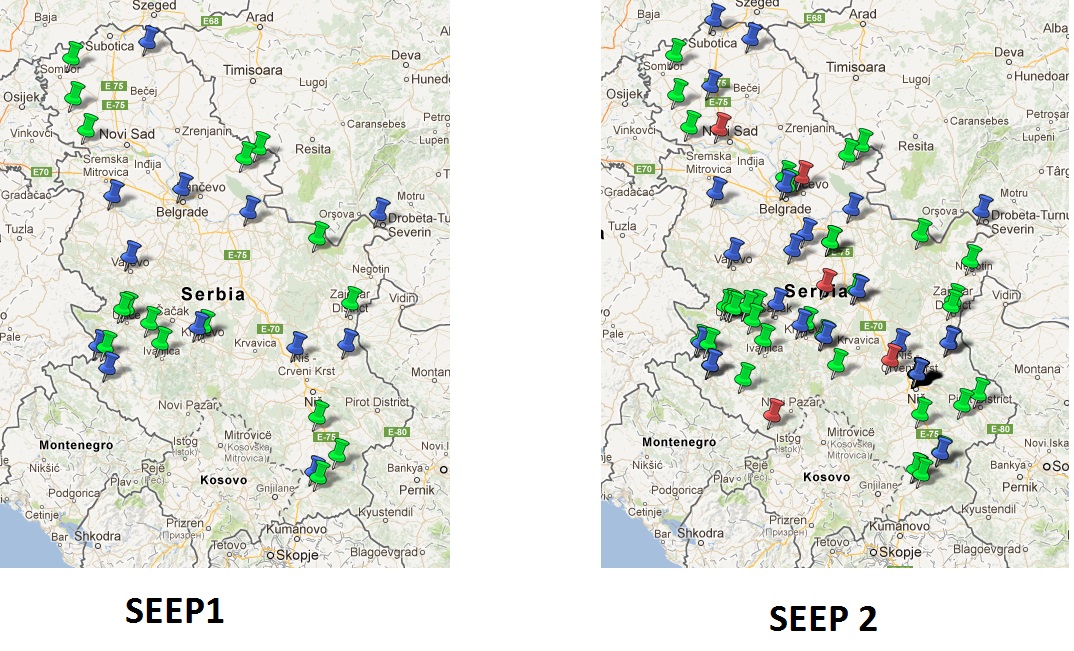
Efficient use of energy has become an imperative in the modern world, mainly for the reasons associated with environmental pollution, sustainable development, security of energy supply and global geo-political stability. Having in mind that the building sector is responsible for 40% of the European Union’s total energy consumption, every improvement made in order to improve building energy performance is deemed largely beneficial.
Serbia has invested in extensive national energy-efficiency program with an aim to enable refurbishment of 90 public buildings, namely schools, health care and social care institutions located in various parts of the country. The project was funded by the World Bank loan and was implemented in two phases, namely SEEP 1 and SEEP2. Approach used in order to identify the cost optimal improvement of each building was developed in line with EU recommendations and was proven trustful in terms of results and final project outcome. Measurement conducted in order to verify energy savings achieved confirmed that annual gross final energy consumption was reduced by 47%, thereby enabling related carbon footprint to be reduced by 5.038 tCO2/a in total. Project-specific financial indicators have shown that energy savings achieved resulted in acceptable payback period for the investments made, equaling approximately 13 years in average. This is considered acceptable having in mind poor initial condition of the facilities refurbished and low price of locally available and commonly used coal.
Services provided
- Energy consumption measurements before energy efficiency improvements
- Energy audits
- Proposal of energy efficiency improvements
- Defining efficiency improvements
- Cost benefit analysis
- Selection of the energy efficiency package to be implemented
- Basic design of planned energy efficiency improvements
- Bidding document preparation for contractors
- Construction supervision
- Energy consumption measurements after energy efficiency improvements
Technical data
- Schools (elementary and secondary): 44
- Health care institutions: 41
- Social care institutions: 5
- Total number of buildings: 90
- Energy savings achieved: 47%
Client
Ministry of Energy and Mining, Republic of Serbia
Serbian Energy Efficiency Agency
